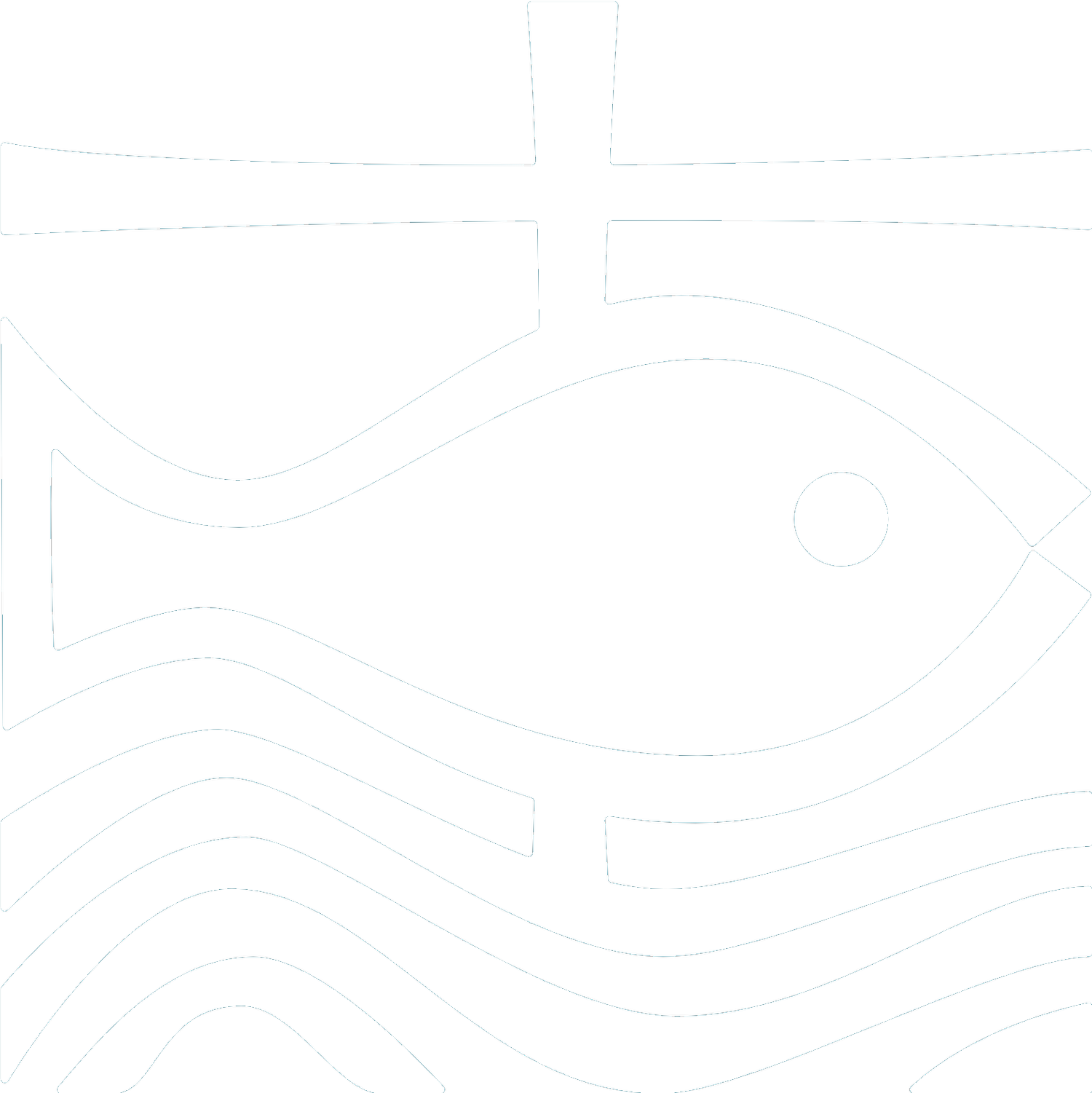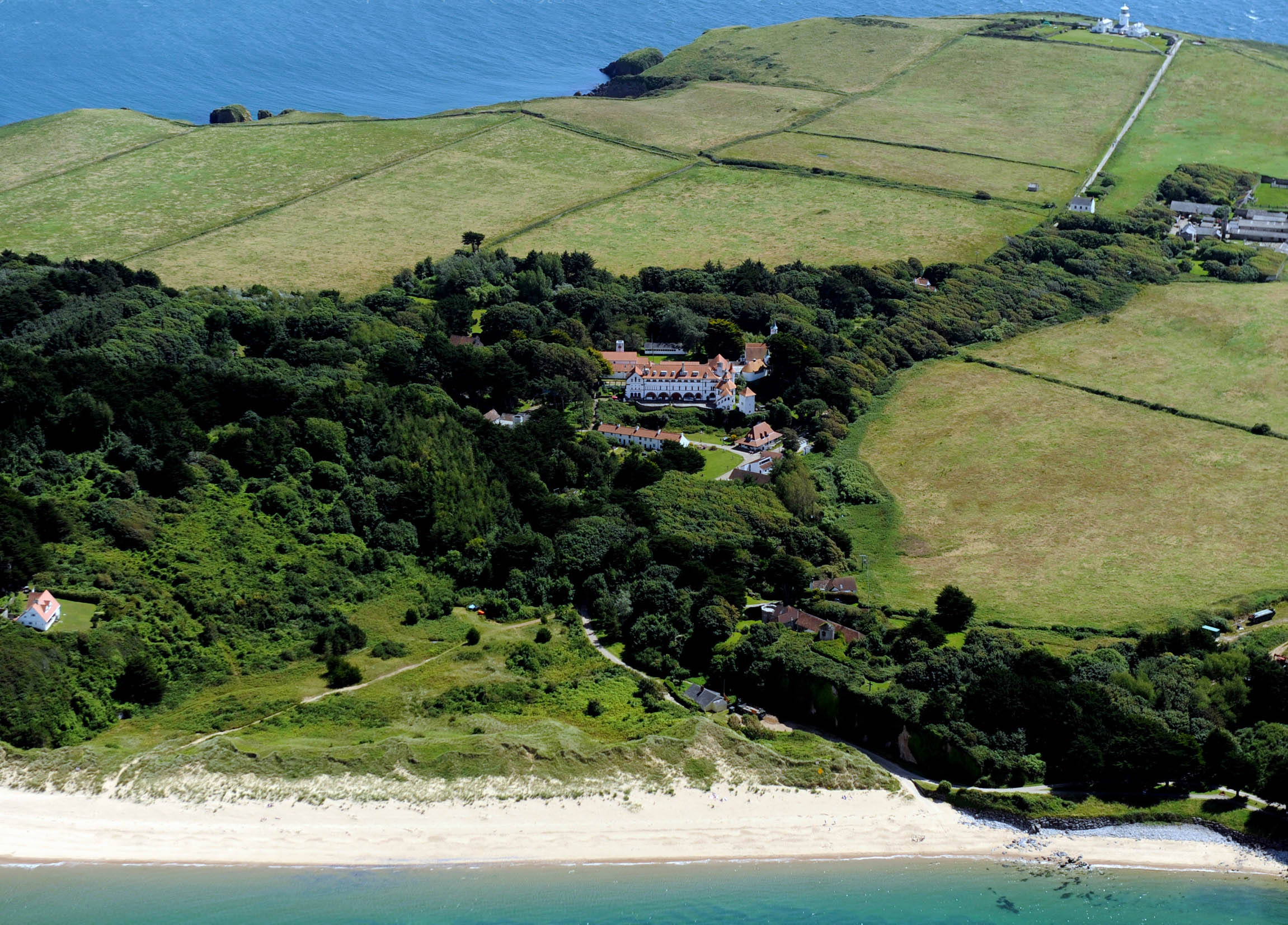Farming and Tourism
Cistercian monks are farmers by tradition.The three basic tenets of their rule are prayer, study and work in the fields. Seabound and unspoilt, the island seems an ideal setting for a simple life of seclusion and self-sufficiency, so it is perhaps surprising that it relies heavily on tourism. With 450 acres of fertile land and a Gulf Stream climate, this has puzzled many a farmer.
The reason becomes clear when you consider the three mile boat journey of unpredictable water that separates Caldey from this remote tip of Wales. No bulk tanker can come here to take away milk. A tonne of grain or perhaps eight sheep in a crate are the most the boat can carry. Add the constraints of a tidal habour and frequent storms which disrupt sailings and it is not hard to see why farming on the island has been challenging. Every variety of farming has been tried over the years. The pastures are now simply utilised for a variety of grazing animals to add to the visitor experience.
With farming unable to support the island, tourism has provided the obvious alternative. The island has much to offer visitors, and is just a boat ride away from the long-established resort of Tenby, providing tranquility and the opportunity to enjoy woodland, headland, and beaches all within a short walk of each other. Tourism now provides a modest livelihood for the monks and lay workers. It has a happy spin-off for the monks, allowing them to share their faith and make their way of life known to a greater number of people.
For the monks, " work in the fields" has been replaced by other kinds of work required to earn their living. But tourism and commercial activities are never allowed to overshadow the main work of the monks, that of public prayer, "to which," says the Rule of St Benedict, "nothing shall be preferred".

